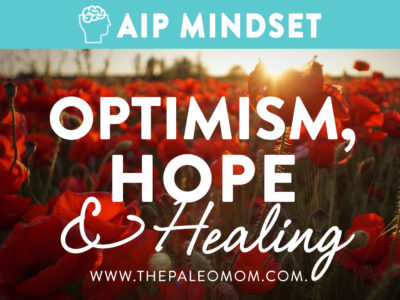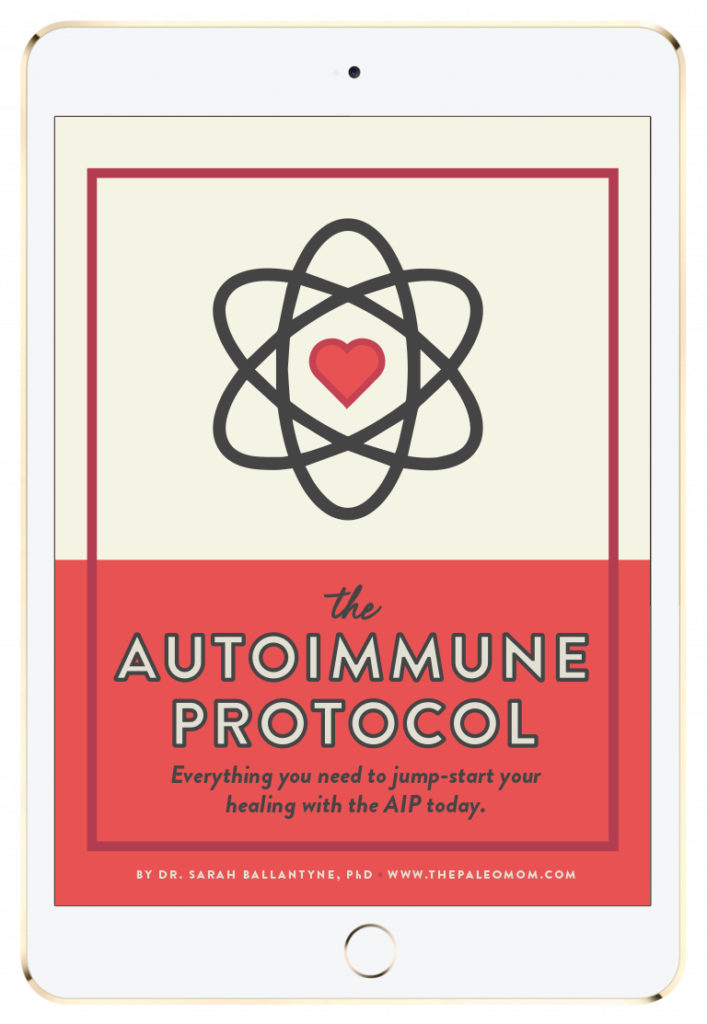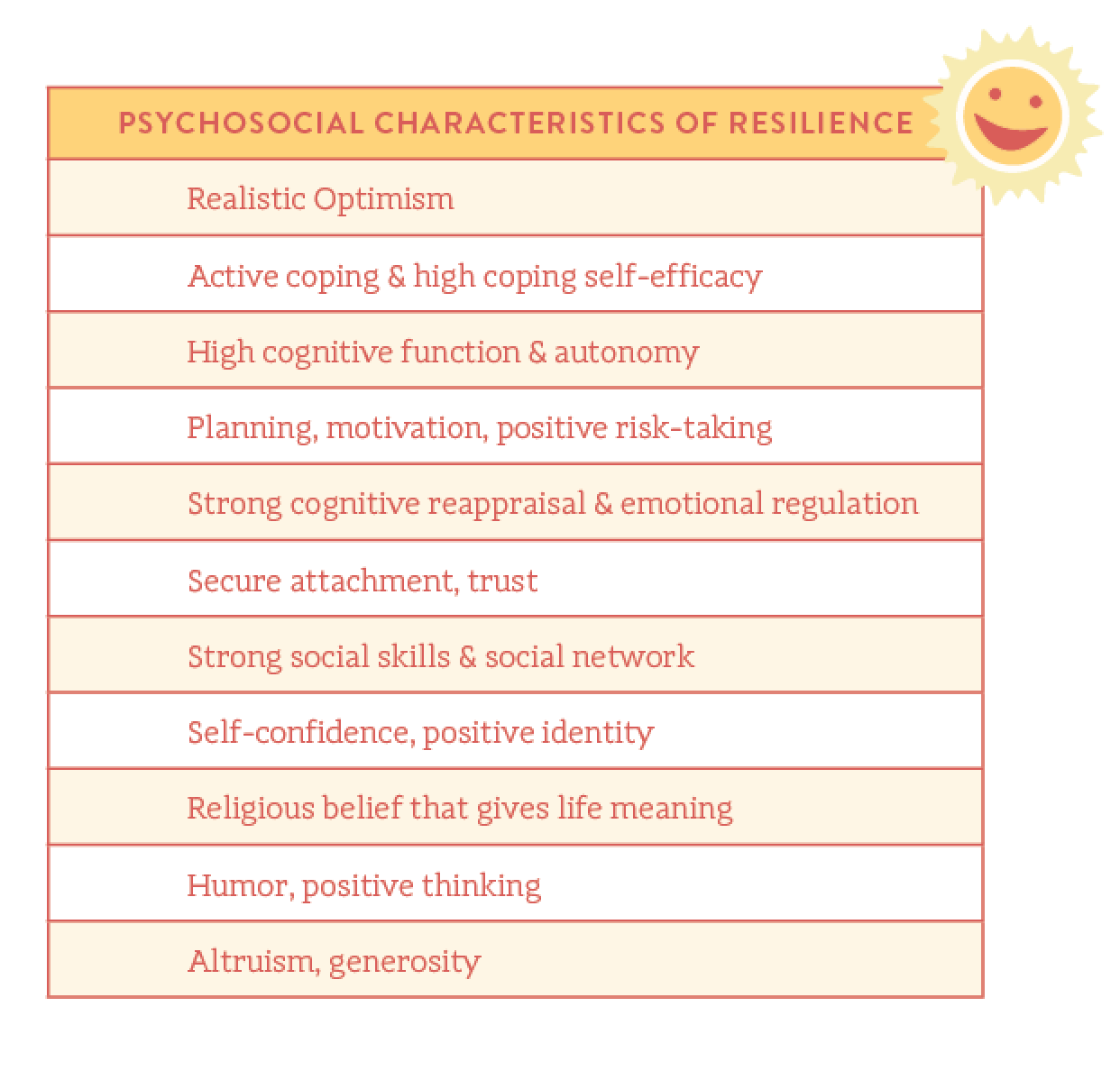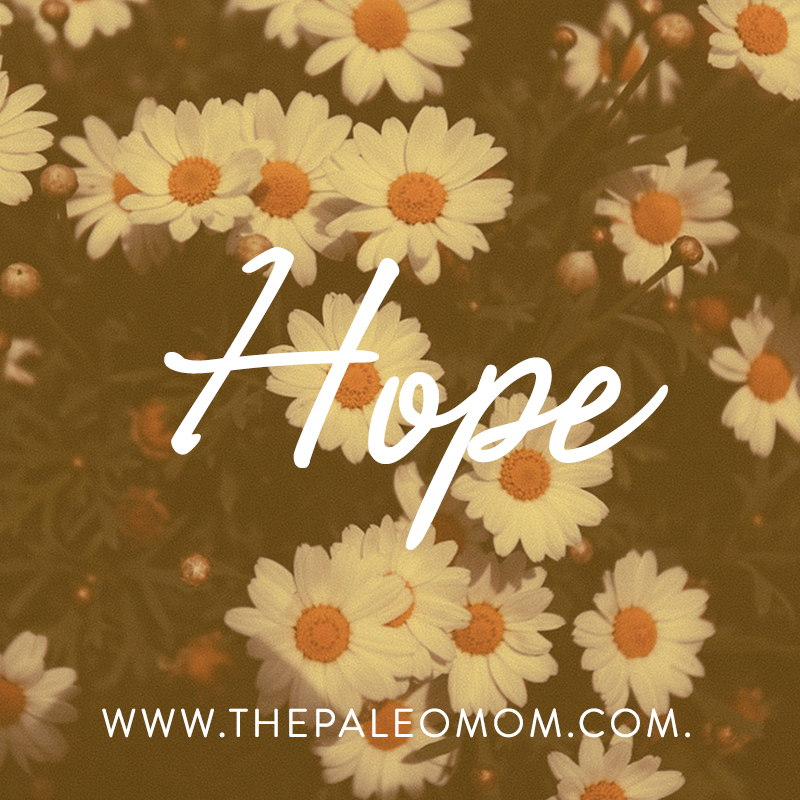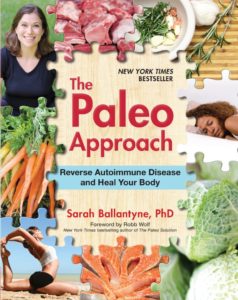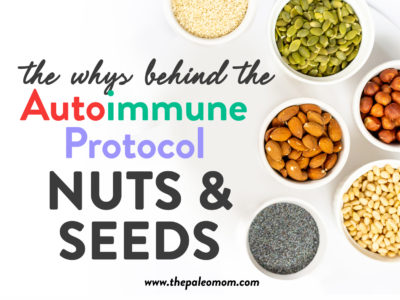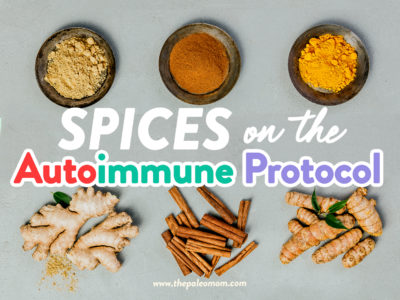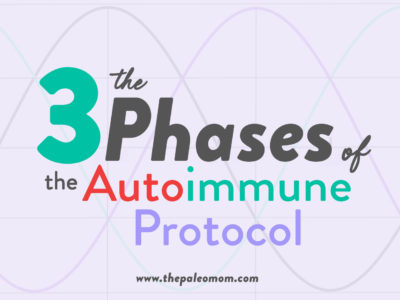No matter where we are in our healing journey, we’ve likely discovered that a positive mindset makes a world of difference in how we think, look and feel. But how do we pursue an optimistic mindset when we’re enduring the pain of a flare? What about the situations we’ve encountered at work, with friends or even in our own families that make us certain we are completely misunderstood?
In this final post in my mindset series (see AIP Mindset: Getting Beyond Feeling Deprived, AIP Mindset: Cooking is Not a Burden and AIP Mindset: Putting Myself First) I’m going to talk about the final piece of the mindset puzzle: how optimism can actually help us heal. In many ways, optimism goes hand-in-hand with stress reduction. This is because of the idea of resilience.
We already know that stress reduction is one of the most important lifestyle modifications we can make on the Autoimmune Protocol (see How Stress Undermines Health and My Personal Battles With Stress). Stress is entirely capable of derailing all the progress you make with a “perfect” AIP diet, and the fact that managing stress is highly individual makes it much more challenging for us to tackle than, say, coming up with egg-free breakfasts.
In my book The Paleo Approach, I break stress management into two individual categories:
- Decreasing the number and severity of stressors in your life
- Increasing your resilience (or decreasing the effect that stressors have on you).
In this post, I want to focus on the importance of the second point. Cultivating resilience is one of the most important ways we can build a realistically optimistic outlook on life. The psychological characteristics of resilience include (but certainly aren’t limited to!) active coping, strong social skills, humor, altruism, planning, motivation, positive risk-taking and, yes, realistic optimism.
In short, resilience is the ability to adapt successfully in the face of stress or adversity. This doesn’t mean that stressful events don’t affect you, but rather that you can handle them without the wheels falling off your cart. Resilience regulates and moderates our physiological responses to psychological stressors, i.e., resilience helps us handle the life stressors that we can’t control.
So, how does this relate to optimism, hope and healing? Studies of cancer patients have shown that a sense of hope (which is technically different from a feeling of optimism) may improve survival. Optimism is also important since it improves quality of life even if it doesn’t affect survival rates. Conversely, depression decreases survival. This goes beyond the placebo effect (in which the belief that you are being treated leads to improvement in symptoms) and may work directly through increasing our resilience. In effect, approaching our AIP journey with hope and optimism can improve our outcome by making us more resilient to stressors.
Illness is one of the most difficult stressors we can possibly face. It is unpredictable, debilitating, and often completely outside our control. Though we can manage our chronic illnesses with interventions like the AIP in conjunction with informed use of effective conventional medicine medications and therapies (in effect using strategy #1), we can improve our long-term success by also working on our mindset, using resilience, hope and optimism (strategy #2) as tools for healing.
Hope is a way of thinking positively about the future and in the context of the AIP, a feeling of hope is synonymous with the empowerment that comes from knowing that the choices we’re making today will positively impact our lifelong health. Hope comes from educating ourselves into the nitty gritty why’s of the Autoimmune Protocol; the entire scientific reasoning is explained in detail in my New York Times bestselling first book The Paleo Approach but there’s also hundreds of articles on this website that explain the in’s and out’s of the AIP too. When we understand the mechanisms at play in our diseases and how they intersect with our dietary and lifestyle choices, hope is a natural byproduct of starting to make those dietary and lifestyle choices that align with immune regulation and healing. Hope is sustained when we start to see the fruits of our efforts in reduced symptoms and markers of disease activity. But, let’s remember that there is no cure for autoimmune disease, although putting our diseases into remission can certainly feel like a cure. Because of this, mitigating autoimmune disease requires a lifelong commitment to a nutrient-dense anti-inflammatory diet (that doesn’t mean we’re doomed to the strictest version of the AIP for life, and in fact, reintroductions are strongly encouraged) and a healthy lifestyle. So, keeping that sense of hope for the long haul requires pairing with optimism.
Save 70% Off the AIP Lecture Series!
Learn everything you need to know about the Autoimmune Protocol to regain your health!
I am loving this AIP course and all the information I am receiving. The amount of work you have put into this is amazing and greatly, GREATLY, appreciated. Thank you so much. Taking this course gives me the knowledge I need to understand why my body is doing what it is doing and reinforces my determination to continue along this dietary path to heal it. Invaluable!
Carmen Maier
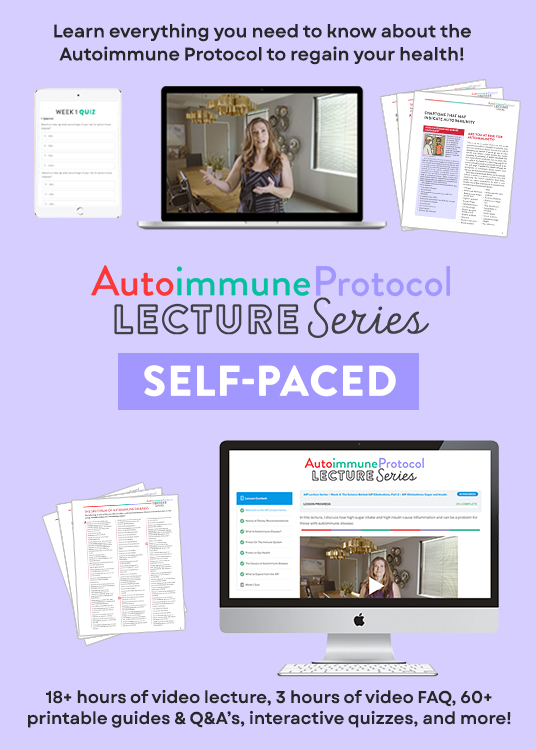
Optimism is key to sustainable and successful stress management. In fact, much of our mental battles with stress comes down to our attitude toward both those stressors and the activities that tip the balance towards resilience. Even the acts that help us manage stress require a kind of optimism—we must believe that meditation can help us feel better before we decide to give up 10 minutes of our morning routine to meditating. The same goes for that nature walk, yoga class, session with a counselor, early bed time and investing in that treadmill desk. When we cultivate an attitude of optimism, we take another step on the road to empowerment. Again, this is different than the placebo effect, but rather than having a sense of optimism helps us to prioritize stress management activities and persistently incorporate them into our routine.
However, it’s important to note that “realistic optimism,” the critical trait associated with resilience, might look different for each of us. Perhaps your doctors have told you that you may be able to manage your Hashimoto’s thyroiditis, but you will need to take thyroid hormone replacement for the rest of your life because your body will never produce enough on its own. Optimism doesn’t mean blindly believing that your doctors are wrong. For you, optimism might mean believing that with diet and lifestyle modifications, you won’t feel fatigued, that you will heal enough to return to a normal weight, no longer have joint pain, regrow the hair you’ve lost, or be able to introduce eggs and tomatoes to your diet again.
Optimism boils down to confidence in the successful outcome of our efforts, but this can look different from person to person, and situation to to situation. So, how do we go about building our optimism and, in turn, our resilience?
- Have Fun! The first of these might be the most obvious: have fun! Making time to have fun is one of the most powerful things we can do to reduce stress. It’s easy for us to get so caught up in the grind of daily life (or so focused on doing the “right” things to heal) that we forget to have fun. Just the acts of smiling and laughing can reduce stress and improve our moods (see Smile! Better Yet, Laugh!). Both actions activate the ventromedial prefrontal cortex, which produces endorphins. Endorphins are opioid peptides that function as neurotransmitters. They are naturally produced in response to exercise, excitement, love and orgasm and are associated with a feeling of happiness and euphoria. They suppress pain and, even more importantly, increase the release of dopamine, which improves sleep quality, motivation, cognition and memory. It’s critical for us to take time each day to do something we enjoy. Doing so might markedly improve our optimism and outlook on life (see Healthy Weight Loss with Paleo, Part 2: Lifestyle Choices That Make a Difference).
- Be Mindful! It’s been thoroughly documented in the scientific literature that mindful meditation dramatically reduces stress levels and boost cognitive abilities. Mindfulness practice is a therapeutic technique where you focus your awareness on the present moment, while acknowledging and accepting, but not dwelling on, your feelings, thoughts, and physical sensations. Mindfulness can be achieved in a variety of ways, including: breathing techniques, where a not-quite-natural breathing pattern requires your full attention to sustain; listening to music or sounds designed to put us in a meditative state (my favorite is Anne Angelone’s Sound Baths); or following a guided meditation (my favorite free app is Insight Timer).
- Get Outside! Another answer to the optimism puzzle lies outside. Studies show that the sights, sounds, smells and textures of the outdoors all have positive effects on the body and the brain. Spending time outside can help support circadian rhythms and reduce stress. We might find relaxation through gardening, a walk in the park, or simply standing barefoot in our own backyard. For more, see The Benefits of Gentle Movement and Balancing Physical Activity and Rest: How Do We Get It Right?.
- Practice Gratitude! And when all else fails, the power of gratitude can’t be understated. A “gratitude meditation” or “gratitude journal” is a fantastic way to remind yourself what already exists in your life for which you can be thankful. In fact, these practices have been studied in clinical trials and shown to increase well-being (as measured by mood, coping behaviors, health behaviors, physical symptoms, and overall life appraisals). In either practice, you simply take a moment to reflect and focus on things or people in your life for which you are grateful. I love The Gratitude Workbook, a tool developed by my friend Nicole Pittman, as a guided introduction to gratitude. I have found it to be one of the
 most important tools for developing a sense of optimism in my own life.
most important tools for developing a sense of optimism in my own life.
I know that when you are facing a chronic illness, hope and optimism can feel elusive. We can find hope by becoming our own health experts through educating ourselves about our diseases and the details of the AIP. And, just as we can take control of our diet and lifestyle, we can actively work to cultivate a practice of optimism with the simple tools described here. And that’s good news, because cultivating hope and optimism might just be the most important mindset shift of all!

